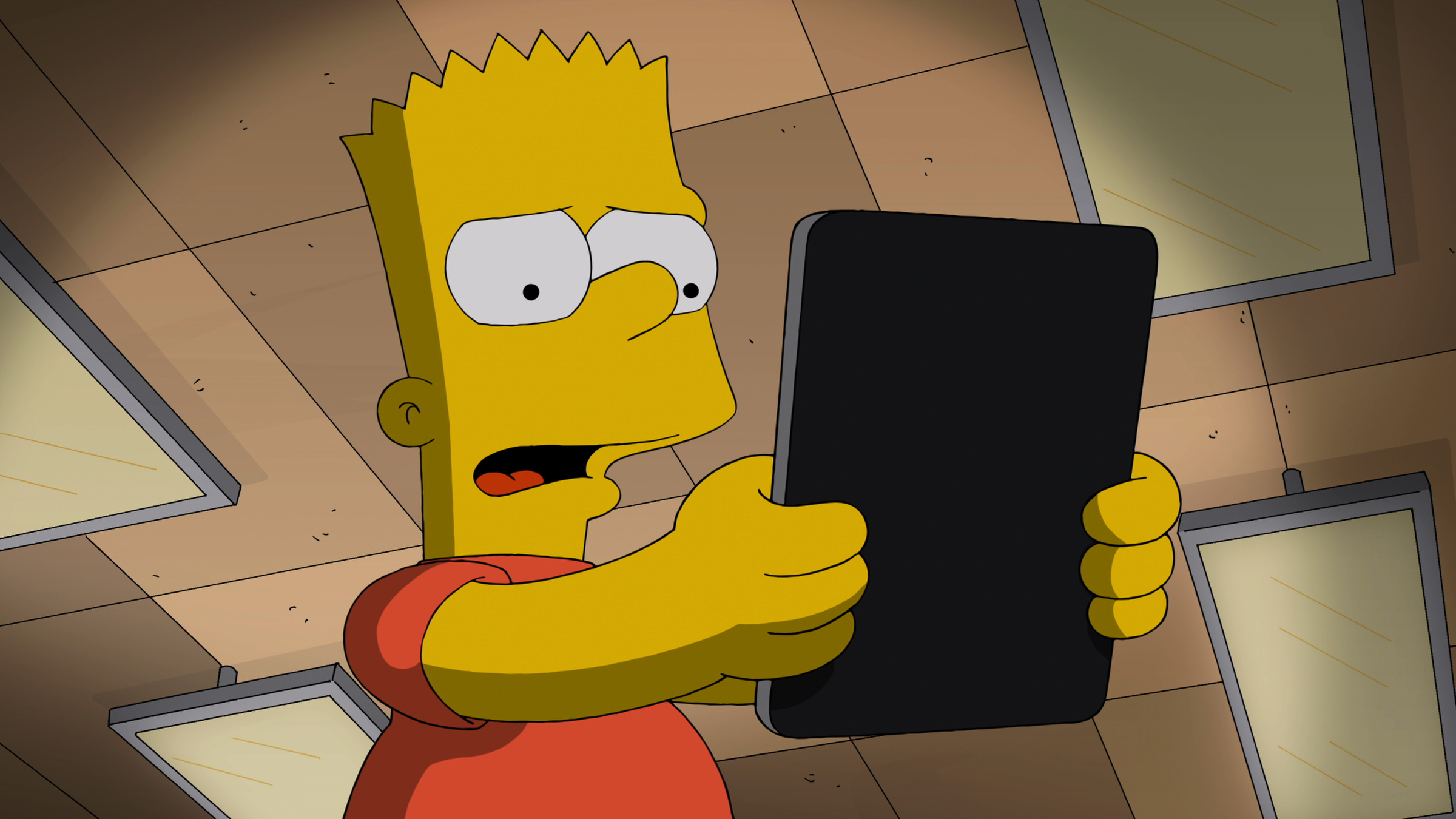
My column in this week’s print TIME (subscription required) is about a couple of big developments in TV this month that are both very different and closely related. The first is the unveiling of Simpsons World, the online gorge-a-thon of every episode of The Simpsons ever made. The second is the decision of HBO and CBS to offer their programming through streaming apps, by subscription, without paying for cable.
There’s a lot of talk in the TV business right now about “unbundling”–the idea of consumers buying more of the programming they now get in a giant, expensive cable package in a la carte pieces. The Simpsons move and the HBO/CBS news are not both “unbundling” in the same business sense. The networks apps are outside the cable bundle; you pay a fee for them (about $6 for CBS, yet-to-be-determined for HBO). Simpsons World, on the other hand, actually reinforces the bundle in a way, because in order to use it, you have to have a cable account.
But they’re each examples of how quickly now the business is unbundling the concept of TV from the medium and machine that deliver it. “TV”–actual, mainstream, desirable TV content–is now no longer something you necessarily watch on a television set or receive through a cable or satellite company’s pipes. It can be, as with Netflix and Amazon, a library of archival and original programming you get over the Internet. (It’s amazing, really, how quickly the two have become as prestigious as premium cable; in a couple short years they went to their Sopranos phase, skipping right over the Dream On phase.) It can be, as with HBO, a service you contract for separately. It can be, as with Simpsons World, an online entity in which a show becomes a “channel,” a destination, an experience that, as I say in the column, “is a better way to experience an expansively world-building show like The Simpsons than watching it on TV.”
It’s all exciting for TV makers and viewers–though, it can’t be overemphasized, it doesn’t necessarily mean that your future entertainment bill will be any cheaper. You could, in the near future, cobble together a decent cord-cut package with broadband service, an HD antenna, and some combination of HBO, Hulu, Netflix or Amazon Prime–but you’d need to be willing to give up things (like a lot of basic cable channels and much live sports). If more cable networks follow HBO’s lead, buying them a la carte will add up–and if a monster like ESPN unbundles itself, it won’t come cheap. And, of course, you’ll have to pay for the broadband–which may already come from your cable company–and that fee may just get bigger itself.
Still more ways of paying for and distributing TV means more possibilities for experimentation, and that’s a good thing. In November, we get more episodes of High Maintenance, the brilliant slice-of-life online series about a Manhattan pot dealer’s clients, distributed through Vimeo. (One of the appropriately dead-on details in the episodes already made: everyone watches TV on their laptops.)
And it’s also fitting that in the time of Simpsons World, we’ve also seen the debut of Nixon’s the One, a production from Simpsons voice actor Harry Shearer, who inhabits the role of the impeached President in vignettes with dialogue drawn verbatim from his secret White House recordings. Not only is the performance excellent–Shearer finds both menace and oddball humanity in the President–but the staging is genius, with the camera placed awkwardly in corners, as if the video itself were surreptitious, like the Mitt Romney 47% video.
Watching Nixon scheme and hold forth in the Oval Office, you can even catch a little glimpse of Shearer’s Mr. Burns from The Simpsons. You can see the pilot below, and it is (rubs hands together) excellent:
More Must-Reads from TIME
- Introducing the 2024 TIME100 Next
- The Reinvention of J.D. Vance
- How to Survive Election Season Without Losing Your Mind
- Welcome to the Golden Age of Scams
- Did the Pandemic Break Our Brains?
- The Many Lives of Jack Antonoff
- 33 True Crime Documentaries That Shaped the Genre
- Why Gut Health Issues Are More Common in Women
Contact us at letters@time.com